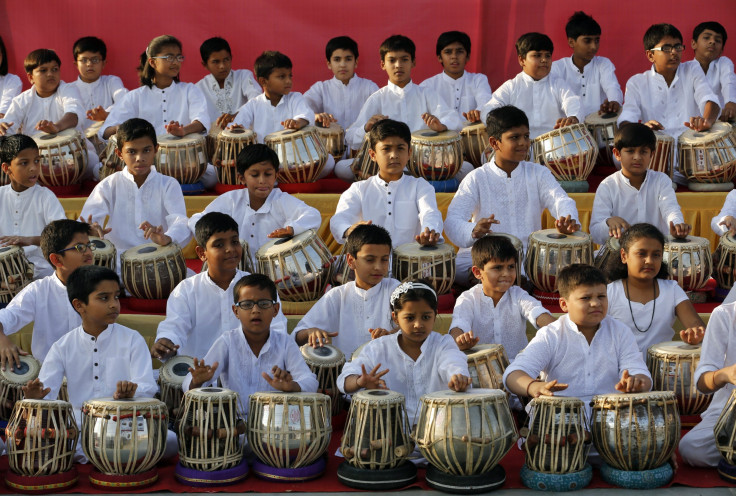Musical Training Enhances The Brain

Musical training in childhood can prevent the decay of speech listening skills in later life, scientists have found. According to a study led by the Rotman Research Institute at Baycrest Health Sciences, older adults who had musical training in their youth were 20 percent faster at identifying speech sounds than their people who had not undergone such training on speech identification tests. The findings were published in The Journal of Neuroscience.
The ability to comprehend speech can diminish with age. This difficulty can persist in the absence of any measurable hearing loss. Starting musical training at the age of 14 years and continuing intense training for at least ten years appears to enhance key areas in the brain that support speech recognition. This benefit is maintained even as one grows older.
According to Gavin Bidelman, who led the study as a post doctoral fellow at the Rotman Research Institute and an assistant professor at the University of Memphis, there is evidence of brain plasticity from musical training not just in younger brains but in older brains too.
The researchers used EEG imaging to predict how well older people classify or identify speech. They observed a brain behavior response that was two to three times better in older musicians compared to their non musical peers. Older musicians’ brains provide a much more detailed, clean and accurate depiction of the speech signal, which is probably why they are better at understanding speech.
Bidelman received a GRAMMY Foundation research grant for the study and partnered with scientist Claude Alain, assistant director of the Rotman Research Institute and a leading authority in the study of age-related differences in auditory cortical activity.
For the study, 20 healthy older adults, between the ages 55 to 75 years, including 10 musicians and 10 non musicians put on headphones in a lab setting and were asked to identify random speech sounds. Some of the sounds were single vowel sounds such as ooo and ahhh while others were a more ambiguous as a mix of two sounds.
During the testing cycles, researchers recorded the neural activity of each participant using electroencephalography (EEG). The older musicians' brain responses showed more efficient and robust neurophysiological processing of speech.
To contact the writer, email: sonali.raj@gmail.com





















